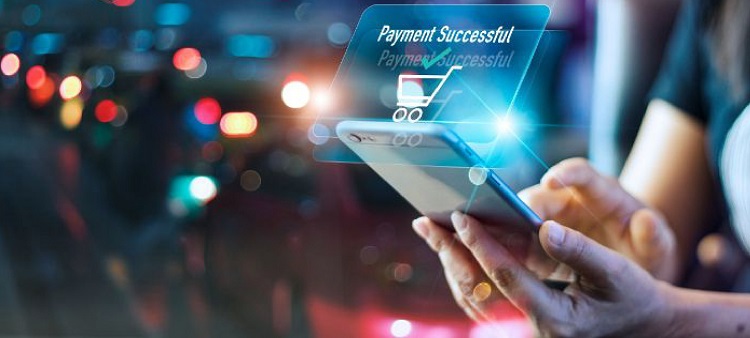How mobile payments are transforming hospitality and restaurant industries.
With the improvement of mobile app development technologies, came the opportune option to accurately turn a smartphone into a credit card. No miracle that restaurants and hotels, being more about expediency and relaxation than other big businesses, were the first in line to take up the inventiveness. Lets aspect of how these two industries welcomed mobile expenditures and how they profited from this technology.
How it all started
Prevalent trademarks, such as Wendy's and Starbucks, Marriott, and Hilton started proposing restaurant and hotel mobile payments to their clients a few years ago. This phase facilitated them to strengthen their reputation, attract new spectators, and generate extraordinary industry values in customer service.
At present, these brands are demanding to intensify the array of their mobile payment services further, while other businesses in hospitality and restaurant industries are adopting the technology expeditious to come across the set standards.
Mobile wallet use
Mobile wallets make it easier for restaurants and hotels to announce a mobile payment to customers. By taking benefit of the already existing popular systems, like Android Pay and Apple Pay, businesses don't have to improve their own apps. All they have to do is basically implement an elucidation that would let them accept mobile payments.
This explanation is, in maximum cases, an NFC reader. However, different mobile wallets have various features and give both businesses and customers the right to choose the most appropriate selection. As declared here, for example, JP Morgan's Chase Pay offers QR code scanning instead of NFC data exchange.
Loyalty integration
A major drawback of mobile wallets is their inharmoniousness with loyalty programs. Ultimately, mobile wallets are widespread and frequently personalized to the customer's needs. So, to make the best of mobile payments, across-the-board brands adopt to go for expansion of their own mobile apps.
Actuality, assimilating faithfulness programs with restaurant or hotel mobile payment systems in individual apps can not only raise customer appointment and preservation but also give merchants a lot of valuable statistics about the customers' buying patterns. This data is essential for generating special offers that would attach to the audience and bring a real advantage.
Possible challenges
Certainly, the outline of mobile payments isn't a tranquil stage for any corporate: approximately it can carry optimistic variations, it can also demand complications. A brilliant example of an unanticipated experiment is the issue with Starbucks restaurant mobile payment, where the company botched to accurately manage the lines of walk-in customers and customers with a mobile pre-paid order. To preclude customer obstruction, businesses should be equipped to offer excellent service to all the clients, regardless of their payment choice. Organizing self-serve booths in restaurants and hotel foyers can be a helpful option, too.
On a final note
Once an extravagance choice, mobile payment is now spinning into a customer's basic expectancy, if not a demand. Progressively more consumers make their choice of a hotel or a restaurant based on the mobile services available. Such as, businesses that don't deal with mobile payment are at a drawback, and unless they esteem new expertise, they can lose their position on the market.





